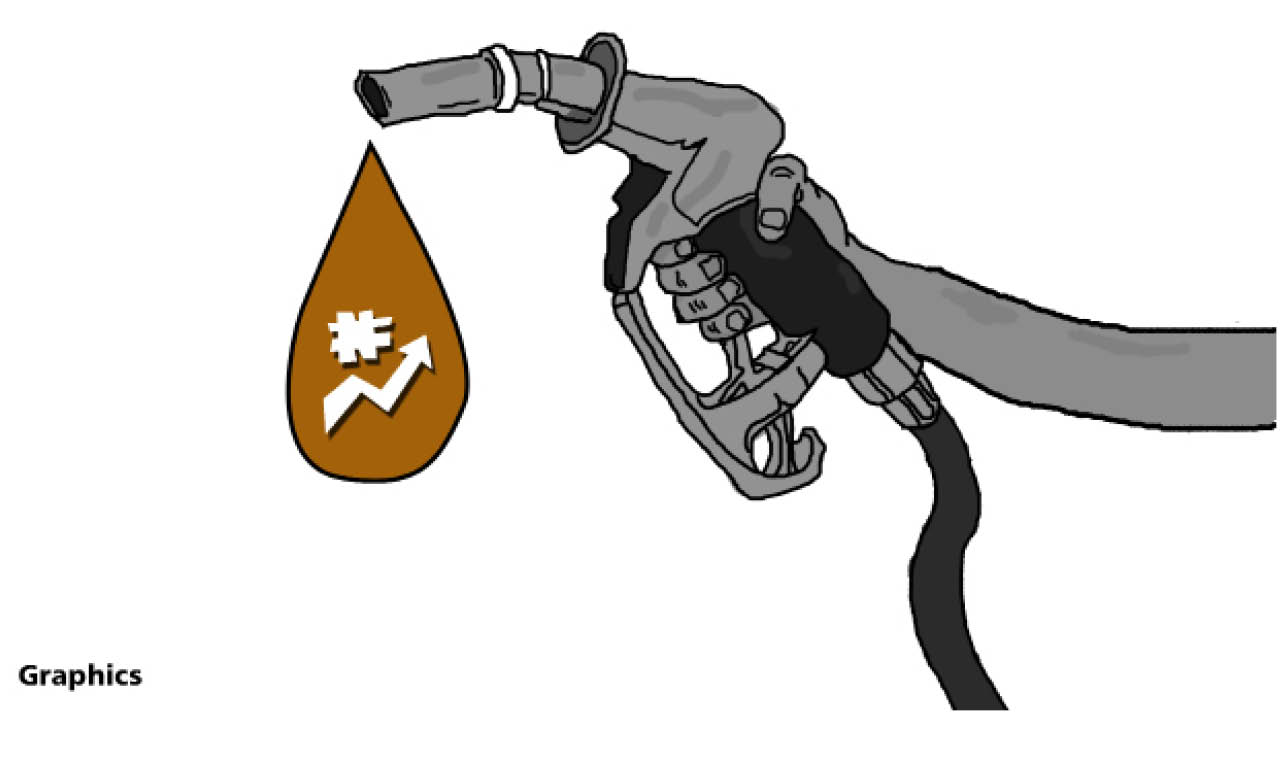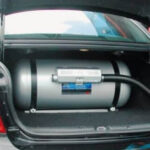The removal of subsidy from the Premium Motor Spirit (PMS) otherwise known as petrol by President Bola Tinubu in 2023 has triggered inflation and worsened the living standards of Nigerians.
From N198 in May 2023, Nigerians have seen over 600 per cent increase in fuel price, with a litre now sold for N1,100.
The much anticipated Dangote refinery did not help in reducing the PMS price as the country entered a phase of gradual deregulation of the petroleum sector where prices are determined by the market forces of demand and supply.
And with the floating of the local currency forcing the dollar to exchange for over N1,700, this means the expectation of cheap fuel remains elusive.
- Food crisis: 5 months after, FG yet to implement duty waiver
- Despite hardship, Wike allocates N10bn for rent, furniture to Akpabio, Abbas, deputies
For many Nigerians, commuting has become a luxury as commercial motorists have responded appropriately by jacking up transport fares.
Findings by this reporter indicated that commercial drivers have increased their fares by over 200 per cent in response to the fuel price increase.
Operators of intra- and inter-state cars and buses said they had to hike the cost of transportation in order to remain in business.
Within the Lagos metropolis, passengers have continued to lament the high cost of transportation.
For instance, Ojodu-Berger, Agege, Ogba to Ikeja, which used to attract N200 is now N500. At peak periods, the mini buses charge as much as N600.
Ikeja and Ojodu-Berger to Victoria Island is now N2,500 from N1,000 pre-fuel subsidy removal.
Also, Ojota to CMS is now N1,500. There is hardly any major park and bus terminus in Lagos where the operators have not jacked up the fares.
A random check among inter-state operators also showed fares had been increased by over 100 per cent.
For instance, Lagos-Ibadan, which was between N2,000 and N2,500 is now over N5,000.
At Ibadan bus terminus, cars charge N5,100 to Lagos despite the short distance and the good condition of the road.
Also, Lagos-Ilorin, which was N7, 000 is now N13,000.
On the eastern route, Lagos to Benin is N27,500 from N15,000. Lagos to Port Harcourt is N30,000 while Lagos to Port Harcourt is about N35,000 from less than N20,000.
And as the pump price of PMS increases, the transporters adjust their fares accordingly.
“This is the only way to remain in business,” a transport operator, Alade Dare plying Lagos-Ilorin, said.
According to him, it is their wish to reduce the transport fare if the price of the PMS can be reduced.
Alhaji Yusuf Sanni, a road transport union leader in Lagos State, said the fuel price hike was responsible for the high cost of transportation.
“We were told that the fuel price will come down when Dangote refinery starts operation but we are yet to see that. Everybody is frustrated and we all have to survive,” he said.
CNG as an alternative
As the federal government continues to promote compressed natural gas (CNG) as a cheaper and cleaner fuel alternative, there are expectations that the cost of transportation would reduce.
The Presidential Compressed Natural Gas Initiative (PCNGi) has rolled out a number of CNG-powered vehicles to transport unions in Lagos, Abuja and other parts of the country.
However, this is yet to reflect in the cost of transportation nationwide.
A commercial driver, Oyekanle Jeleel, who spoke with our correspondent, said, “Some of our drivers have converted their vehicles to CNG because they said it is far cheaper than the cost of fuel.
“Instead of spending N45,000 per day, the money came down to as low as N5,000 for a CNG bus and we are hoping to benefit from it.”
Another commercial driver, Segun Oluwaseyi, who operates an inter-state passenger vehicle at Ojota, said, “Through the leadership of our unions, they converted some vehicles for us but all of us can’t get our vehicles converted. The cost is high. We hope they can bring it down to N300,000.”
Lagos State Chairman of National Association of Small and Medium Enterprises (NASME), Prof. Adebayo Adams, said with the suffocating petrol prices, the FG should heavily subsidise the CNG conversion to reduce the cost of transportation.
He stated that the cost of conversion at N1.2m to N1.5m is too high for small businesses and commercial drivers that might want to convert their operational vehicles to CNG.

 Join Daily Trust WhatsApp Community For Quick Access To News and Happenings Around You.
Join Daily Trust WhatsApp Community For Quick Access To News and Happenings Around You.


